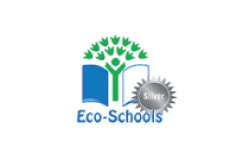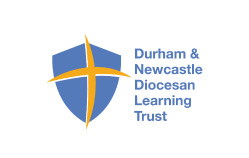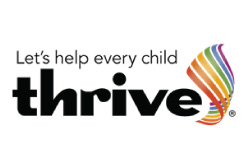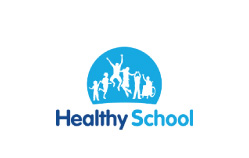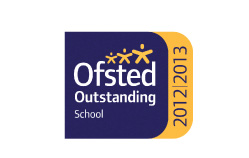Staff Coordinator: Mr. C. Storey
Link Academy Councillor: Mrs. A. Johnson
Statement of Intent
Our Vision:
A place where our children, adults and community can grow and thrive rooted in Kindness, Fellowship and Confidence.
Principles and Purpose
A child’s ‘Learning Journey’ begins in Early Years. Early Years is the bedrock of all learning and is a critical stage of our children’s development. We believe that the Early Years Foundation Stage is crucial in securing solid foundations that children are going to continue to build upon.
It is our intent that the children who enter our EYFS develop physically, verbally, cognitively and emotionally whilst embedding a positive attitude to school and learning.
Aims in Early Years
Our pupils will:
- Develop language acquisition whilst expanding their vocabulary resulting in increased confidence and improved communication.
- Extend their understanding in personal, social and emotional development in order to become resilient and self-assured learners.
- Be taught how to manage their feelings in behaviour in a range of situations.
- Develop their knowledge in early literacy and mathematics.
- Acquire a range of physical key skills including: rolling, bowling, throwing, catching, fine and gross motor control.
- Acquire a range of artistic key skills including: drawing, painting, collage, sculpture, textiles and printing.
- Explore the world around them and deepen their understanding of living things and the environment.
- Experience a curriculum immersed in story and literature.
- Begin to transfer their learning into the wider environment allowing them to become competent problem solvers.
- Talk about features of their own immediate environment and how they might vary from other environments.
- Gain knowledge about past and present events in their own lives and about their family members.
- Gain independence and co-operation skills preparing them for school life.
Our approach:
The Early Years Curriculum is delivered through:
- Planned and purposeful exploration activities.
- Teacher directed lessons and learning activities.
- Child-led activities.
- Opportunities for exploration, choice and decision making by the children.
- Well-resourced indoor and outdoor environments.
- The Early Years Teaching ensures that children are equipped with a range of experiences that provide the right foundation for good progress through school.
- Creates and maintains an exciting and stimulating learning environment.
- Ensures that each child’s education has continuity and progression.
- Utilising the rich local environment and heritage.
Our School Context
As a school, we have identified the main barriers to learning for our pupils are:
- Lack of independence.
- Delayed speech, language and communication skills.
- Readiness to learn.
- National funding crisis in Education which impacts on investment in resources.
As a result, when designing our curriculum, we have ensured a well-planned, enhanced curriculum which recognises the knowledge and skills pupils will need for later life considering our local heritage. Stanhope Barrington C of E Primary School places the community at the heart of all it does, we strive to leave a legacy for future learners and generations to come. Utilising key concepts such as diversity and British Values is at the forefront of our curriculum model given our rural location.
Knowledge and Skills Progression
Reception Baseline Assessment
Curriculum
- Early Years Foundation Stage Profile
- Stanhope Barrington Nursery Long Term Plan
- Stanhope Barrington Reception Long Term Plan
Characteristics of the Learner
Stanhope Barrington C of E EYFS Unit offers a robust and comprehensive curriculum with numerous opportunities for exploration and application. The EYFS Team have collaboratively produced a programme of skills and knowledge which lays the foundation for effective learning and therefore develops pupils’ confidence when transitioning through the school. The characteristics of effective learning run through and underpin all seven areas of learning and development. They represent processes rather than outcomes.
The images below are an example of the Continuous Provision offered to our pupils. This provision allows the children to underpin their learning, whilst also facilitating curiosity and metacognition skills. Staff are continually developing the provision on offer to cater for individual needs and captivate the learner.
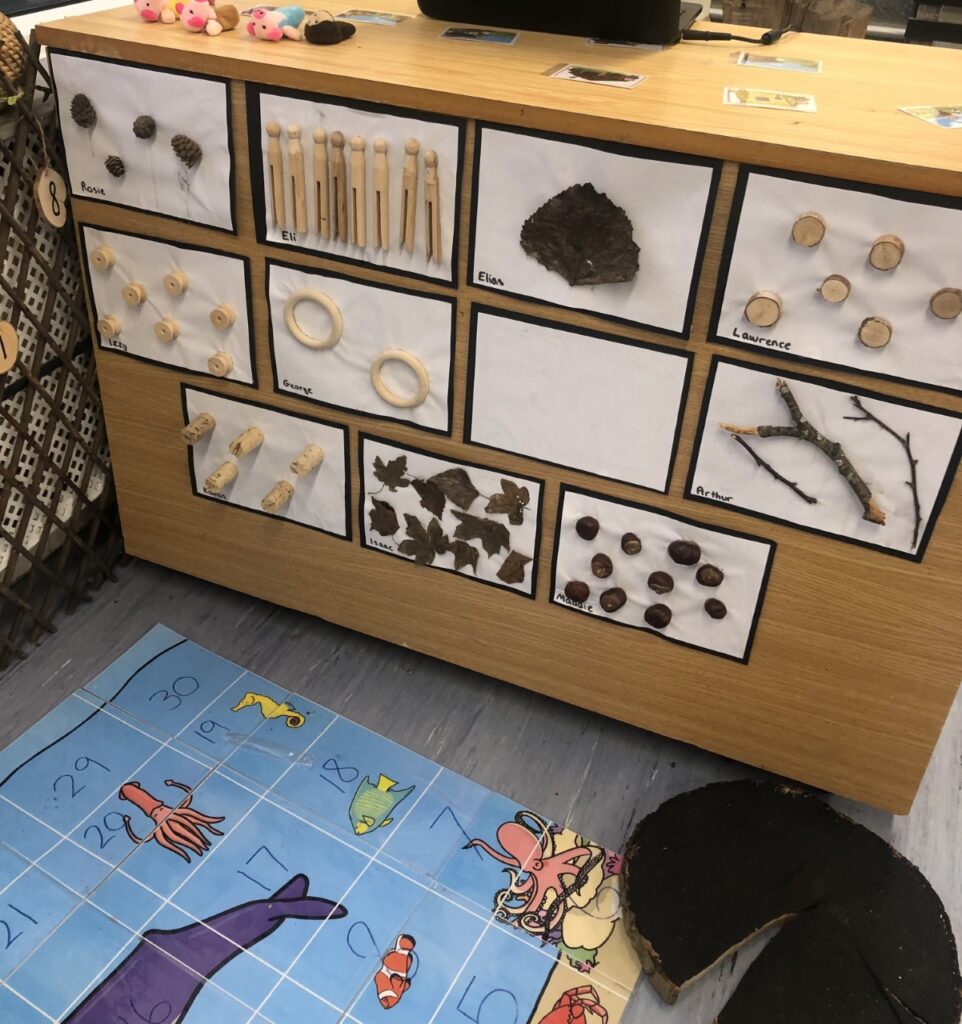
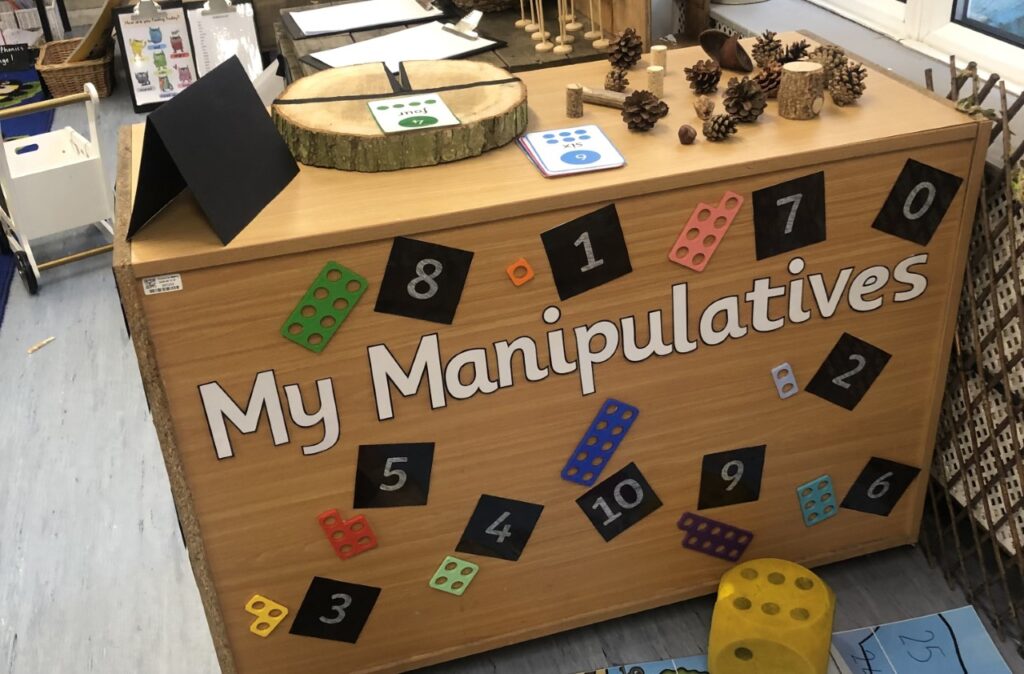
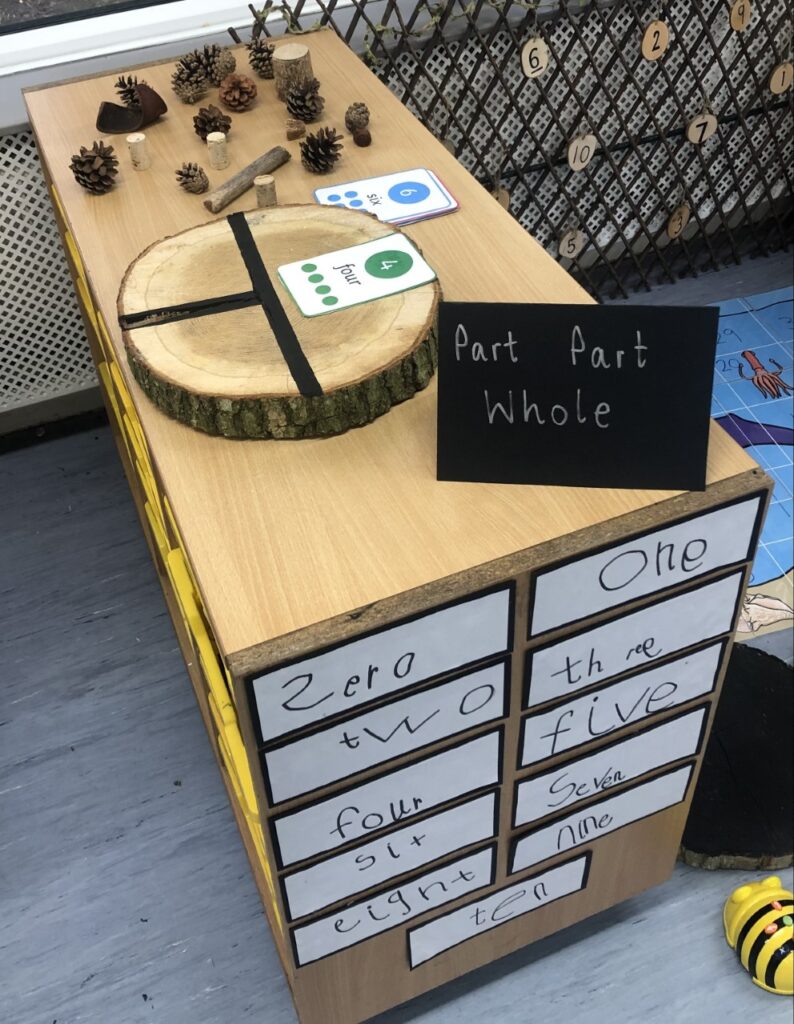
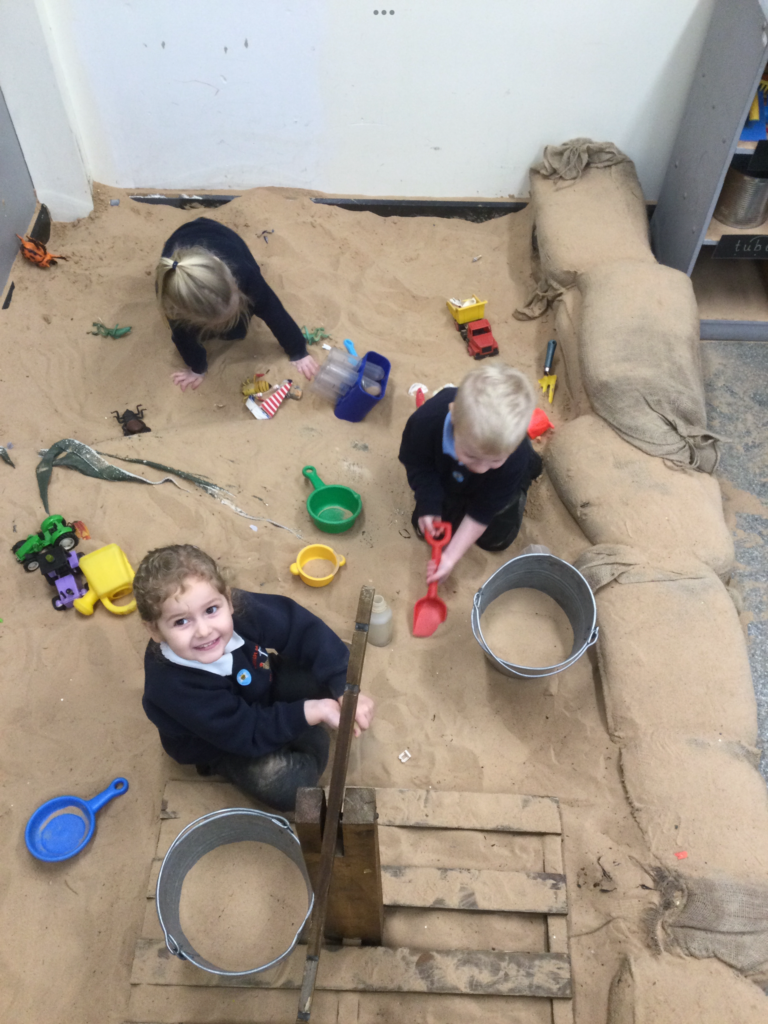
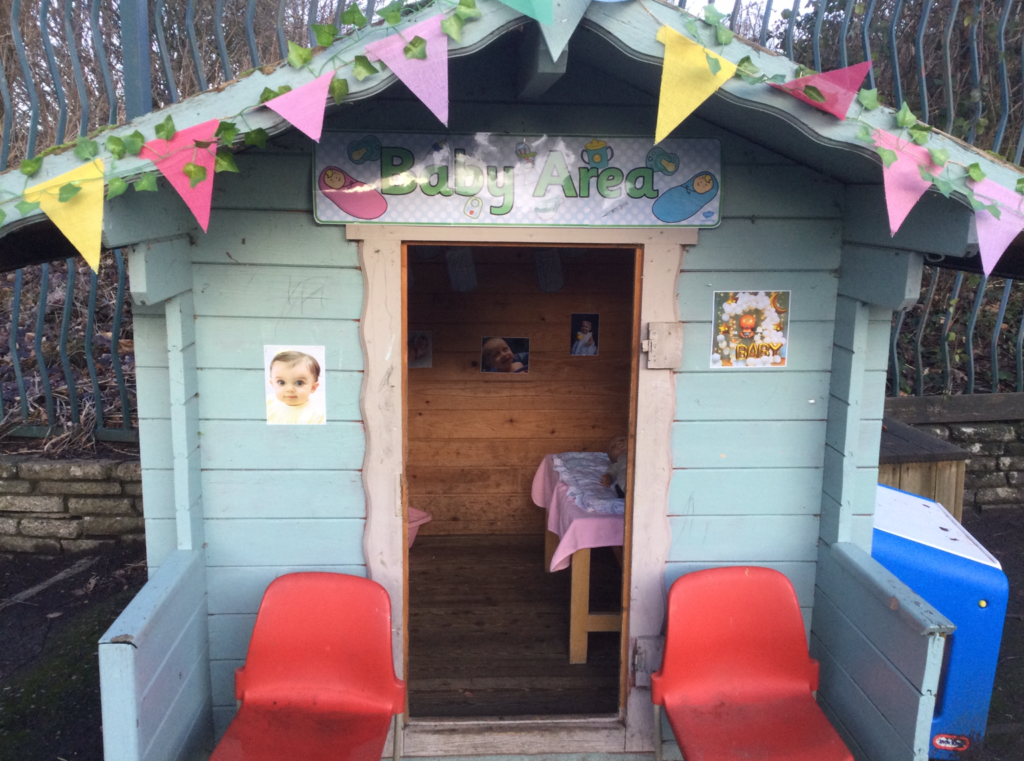
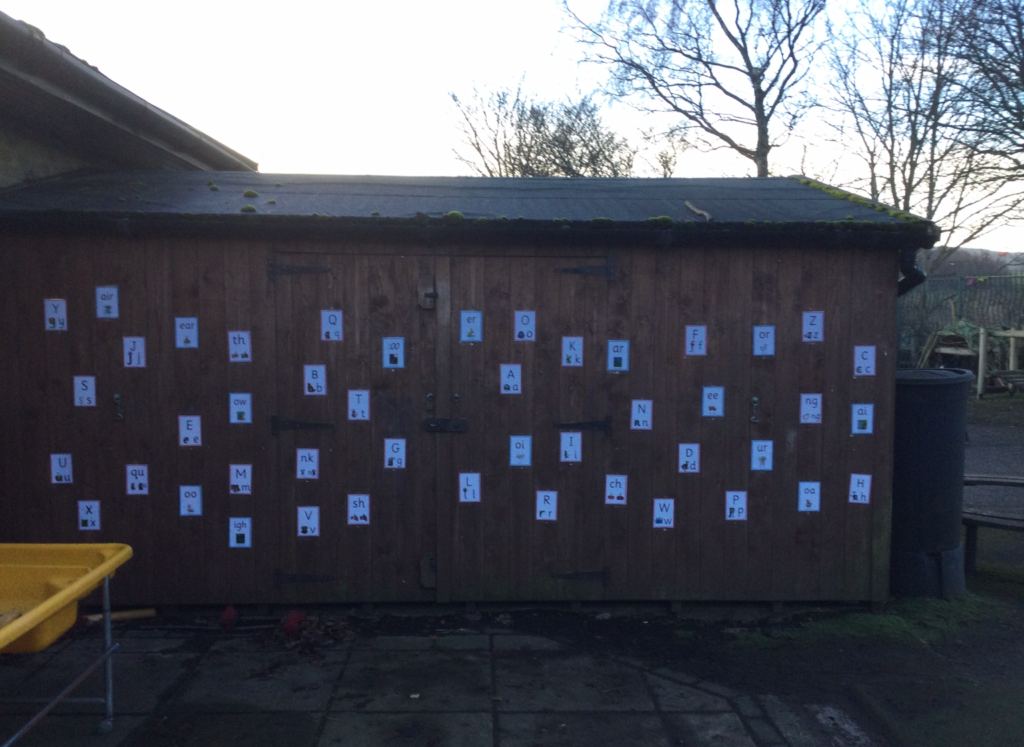
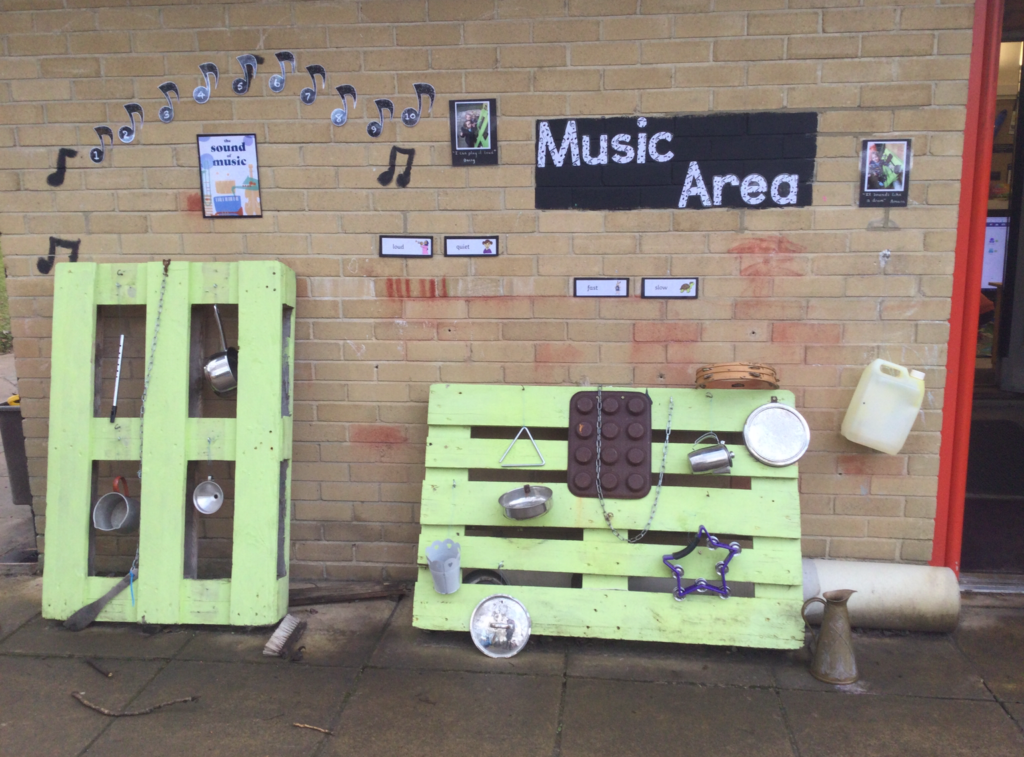
Learning Zones
Our children start their learning journey in the Opal Learning Zone where they focus on developing their independence and then continue to the Amethyst Learning Zone where they build on those skills and begin to develop their cooperation skills. Both Learning Zones provide unique opportunities for learning and development that serve as a foundation for their learning journey at Stanhope Barrington and beyond. Please visit the Opal Learning Zone and the Amethyst Learning Zone pages to find out more…
Archived EYFS information
To view what we did up to February 2021 please visit the Nursery page and the Reception page.
View archived EYFS parent information and the EYFS Framework on our website.

